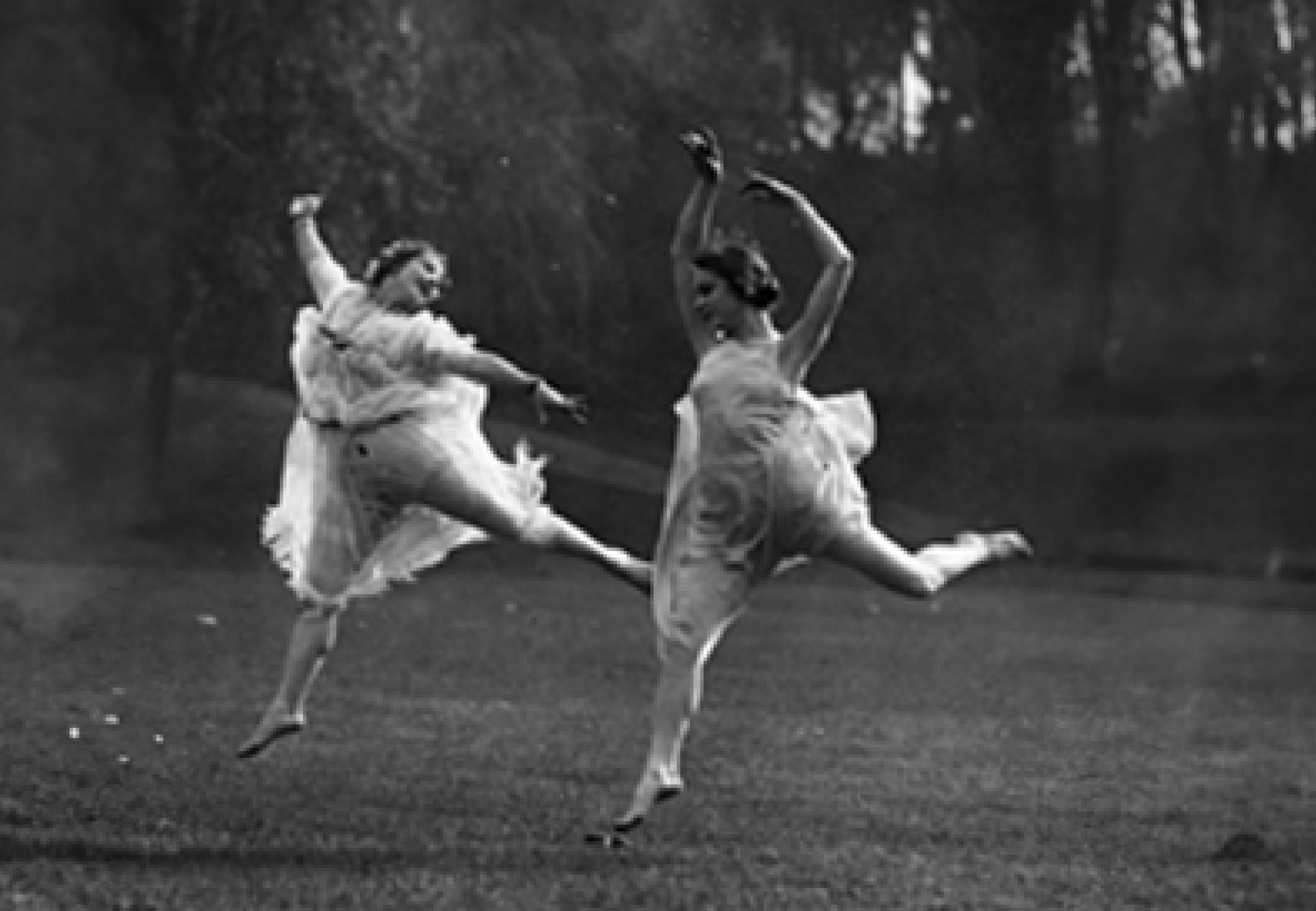Joy is often seen as fleeting—a brilliant moment of light, laughter, or love that passes quickly. But what if our pursuit of longevity meant facing not a brief celebration, but an extended invitation to life’s party? What happens when the music doesn’t stop?
This question forces us to rethink our relationship with happiness, aging, and meaning. Because in the age of longevity, joy is no longer just a moment—it becomes a practice.
Dr. Laurie Santos, Yale psychologist and creator of The Science of Wellbeing course, invites us to stretch our understanding of happiness beyond pleasure. “True wellbeing,” she says, “is about finding meaning in our extended existence.” In other words, the real challenge of longevity isn’t living longer—it’s staying emotionally and spiritually alive as the years unfold.
But what keeps us anchored in meaning over the long arc of life?
The Joy of Legacy: Connection Across Generations
This is where the work of Marc Freedman, author of How to Live Forever: The Enduring Power of Connecting the Generations, enters the conversation. Freedman argues that one of the deepest sources of meaning—and sustainable joy—comes from intergenerational connection.
In a world obsessed with youth, Freedman flips the script. He shows that those in later stages of life are not just “retiring”—they’re rewiring. And the greatest fulfillment often comes not from consuming more experiences, but from investing in future generations. Mentoring, storytelling, sharing time and wisdom—these become not just acts of kindness, but acts of legacy.
His insight is both timely and timeless: “The real fountain of youth is the fountain with youth.” It’s not about clinging to our past—it’s about shaping someone else’s future.
If we are truly going to live longer, we need roles that matter, relationships that span generations, and a reason to keep showing up. This is not the end of joy—it’s its evolution.
Sustaining Joy in a Long Life
So how do we move beyond fleeting pleasure and build a kind of joy that can stretch across decades—even centuries? The answer may lie in how we design our lives, not just how we extend them.
True joy in the age of longevity is less about perpetual bliss and more about:
• Embracing emotional depth, not just highs
• Finding purpose in connection, not just ambition
• Turning our experiences into contributions
This is joy not as escapism, but as engagement—with life, with people, and with the future we help shape.
Where Longevity Intelligence Comes In
This mindset is exactly what the Longevity Intelligence (LI) framework was built to explore.
LI is a holistic approach to thriving in an age of extended life, exponential technology, and shifting cultural paradigms. It integrates the biological, digital, and social dimensions of human potential—and it recognizes that resilient joy is as critical as physical health or digital literacy.
• In the biological domain, joy is linked to neuroplasticity, stress reduction, and even longevity biomarkers.
• In the digital domain, technology can help us maintain social bonds, foster emotional health, and share our wisdom across platforms and generations.
• And in the social domain, we thrive when we belong—especially when we feel needed across generations.
A Vision for the Future of Joy
As a thought leader at the intersection of health, technology, and human potential, my work in Longevity Intelligence is rooted in this belief: a longer life is only valuable if it’s rich with meaning.
We must reimagine aging not as decline, but as design—a chance to craft lives of emotional strength, creative relevance, and deep interconnection. Joy isn’t something we outgrow. It’s something we rewire, reinvent, and reinvest—across decades and across generations.
So I’ll leave you with this:
If you knew you had another 60, 80, or 100 years—
What kind of joy would you build?
Who would you pass it to?
Join the conversation.
Because the party’s just getting started.



